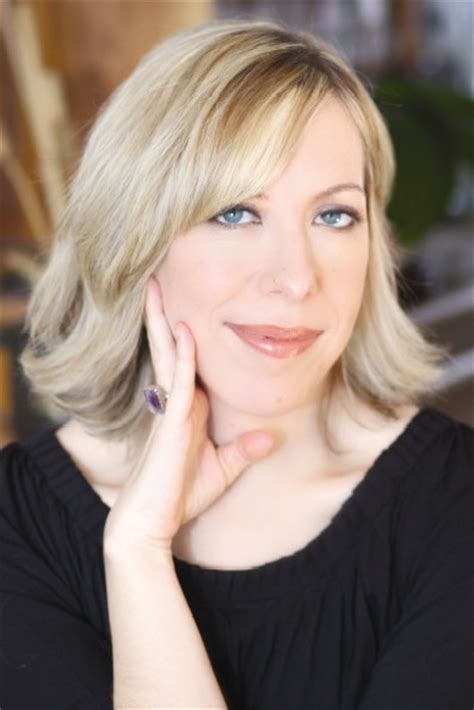A Quote by Laurie Faria Stolarz
In writing, as in life, always be true to your character.
Related Quotes
When you are writing, you have to love all your characters. If you're writing something from a minor character's point of view, you really need to stop and say the purpose of this character isn't to be somebody's sidekick or to come in and put the horse in the stable. The purpose of this character is you're getting a little window into that character's life and that character's day. You have to write them as if they're not a minor character, because they do have their own things going on.
I feel like you become a songwriter when you claim that it's sort of like a switch flipped, and you're always writing. Even in your sleep, you're always thinking about it in the back of your mind. The true writing - when you're officially writing - that's just when its front of mind, but its always there. You're always listening for a hook.
It's so important just to be true to yourself and to own your own character and take responsibility for it, and speak up and say, This isn't right; this isn't me.' It's a great lesson, not just in wrestling but in life. If you're not feeling something that's true to your heart... everybody's gotta be true.
You honor your writing space by recovering, if you are an addict. You honor your writing space by becoming an anxiety expert, a real pro at mindfulness and personal calming. You honor your writing space by affirming that you matter, that your writing life matters, and that your current writing project matters. You honor your writing space by entering it with this mantra: “I am ready to work.” You enter, grow quiet, and vanish into your writing.
Imagination, it turns out, is a great deal like reporting in your own head. Here is a paradox of fiction-writing. You are crafting something from nothing, which means, in one sense, that none of it is true. Yet in the writing, and perhaps in the reading, some of a character's actions or lines are truer than others.



































